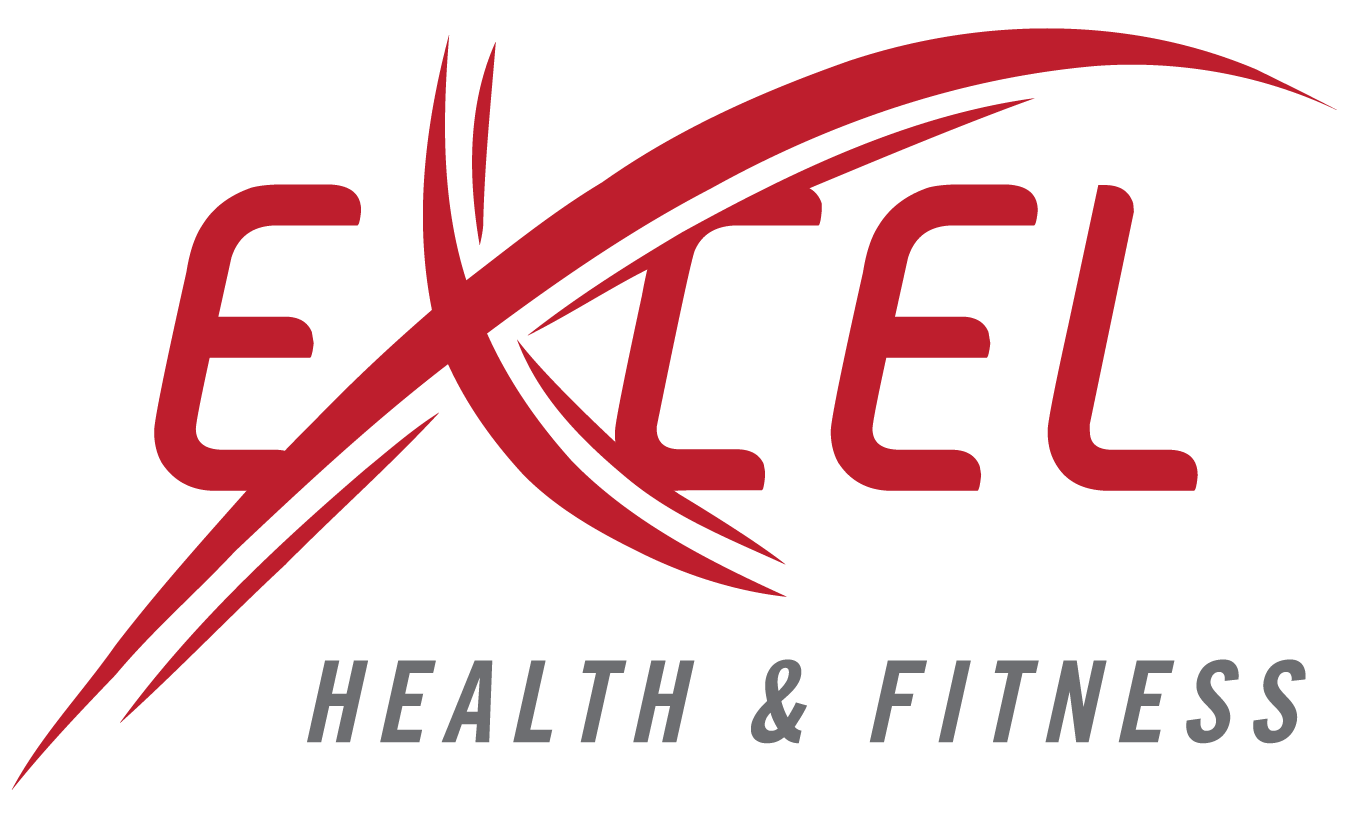You Don’t Have to Be an Athlete to Care About Your Health
There’s a big misconception out there:
“Body fat testing is just for bodybuilders, pro athletes, or really fit people.”
Not true. At Excel Health & Fitness in Manteca, we scan people of all shapes, sizes, and fitness levels, from beginners to competitors, and everyone in between.
The only thing they have in common? They want real answers about their body.
Here’s Who Actually Uses Body Fat Testing
Busy parents trying to get back in shape
People on weight loss programs tracking non-scale progress
Beginners starting their first fitness journey
Weekend warriors who want data to improve
People recovering from injury or surgery
Older adults staying ahead of age-related muscle loss
And yes — athletes fine-tuning their performance
You don’t need to be “fit enough” to get tested. In fact, the earlier you start, the more valuable the data becomes over time.
What You Learn From a Fit3D Body Scan
A body composition test gives you so much more than weight:
Body fat percentage
Lean muscle mass
Circumference measurements (waist, hips, chest, etc)
Posture and balance analysis
3D avatar of your body to track change over time
And unlike a scale, it shows you how your body is changing, not just how heavy it is.
Why Beginners Actually Benefit the Most
Athletes already have structure, training, and accountability. But for regular folks?
A Fit3D scan gives:
A clear starting point
Motivation to stick with a program
A tool to check progress when the scale doesn’t move
Confidence that you're not wasting your effort
It’s not about comparing yourself to a pro, it’s about comparing yourself to yourself last month.
You Don’t Have to Join a Gym, Either
At Excel, you can come in for a scan even if you're not a member. We work with people from all over Manteca and the surrounding areas who just want data they can trust.
You’re not too new, too old, too big, or too out of shape for this.
